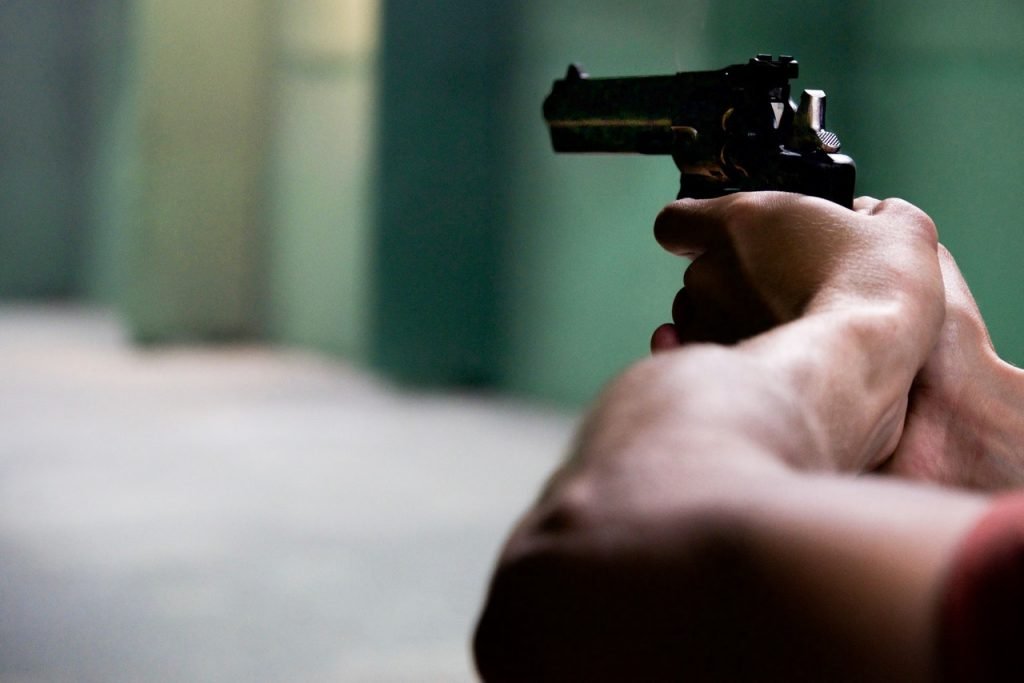
The Second Amendment grants citizens the right to keep and bear Arms. The clause reiterates that this right shall not be infringed. However, baring the varied interpretations of this provision, there is a collective belief that citizens do not have an absolute individual right to possess guns. The federal or state bodies have the power to regulate firearm purchase, storage, and usage without contravening the Second Amendment. Consequently, each state forged distinct gun regulation laws to ensure a clear division on what is legal and illegal in relation to the Second Amendment. These regulations touch on possession, movement, licensing, purchase, and sale of firearms. Whether or not you will be criminally liable for gun ownership and use on your property depends on two things: if you’re allowed to own a gun and how you use the firearm.
Who can’t possess a firearm in California?
Before we get to using a firearm, it’s essential to determine whether you’re allowed to own one in the first place. Generally, California gun laws prohibit gun ownership if you have a federal conviction or fall under the following categories:
| Prohibitions | Details of the crime | Type of gun restriction |
|---|---|---|
| Felony Convict | *If your federal felony is also a felony in California *If you were sentenced to more than 30 days in a federal correctional facility *Mentally disordered sex offender | Lifetime ban |
| Certain misdemeanor convictions | *Firing at an inhabited house/car *Brandishing a weapon to a peace officer *Domestic violence conviction | Lifetime ban |
| *Sexual battery *Criminal threats *Corporal Injury to a spouse *Assault *Battery *Stalking | 10-year ban | |
| Juvenile convictions | If a minor is tried and convicted as an adult for a felony | Lifetime |
| Miscellaneous prohibitions | *Anyone prohibited firearm possession as a condition of probation pursuant *Anyone deemed mentally unstable to stand trial *Narcotic drug addicts *Anyone under 18 years | Five years to a Lifetime ban |
When to “lawfully discharge a gun” on private property
Being convicted of unlawfully discharging a gun, usually involves one of the following: hunting within 150 yards of an occupied residence, over or across a public road, and generally within the city limits. There would be certain situations that are exempted from this. For example, if you own all 150 yards of the premises or have permission from the owner to do so, the firing of a weapon is within your rights. Another obvious exception to this would be if your firing at a gun range. You would also not be committing a crime, say, if you fired the weapon accidentally. The prosecution would have a hard time proving intent since accidental discharge doesn’t show maliciousness or intent to hurt or damage property.
But what happens if an intruder is threatening you or your property? What do gun laws say about self-defense then?
California has a Castle Doctrine law that allows residents to use deadly force reasonably for self-defense but under certain circumstances.
The same state laws do not excuse unjustifiable violence in the face of a threat. Although some juries may uphold the “Stand Your Ground” principle, they are also just as likely to consider traditional self-defense strategies like a retreat. At the end of the day, the circumstances surrounding the gun incidence and the threat level determined will play a heavy part in how the jury will rule on a case.
Gun laws are some of the most argued about laws in the country. In fact, some laws like the Castle Doctrine are purely assumed or non-existent. So how can you possibly know if using a gun on your property will warrant a visit from the police? To put it briefly, avoid public access roads or open sites, and stay away from occupied residences which are within 150 yards of your range. If you come face-to-face with an imminent threat on your property, it would be wise to consider other viable options before using deadly force.









